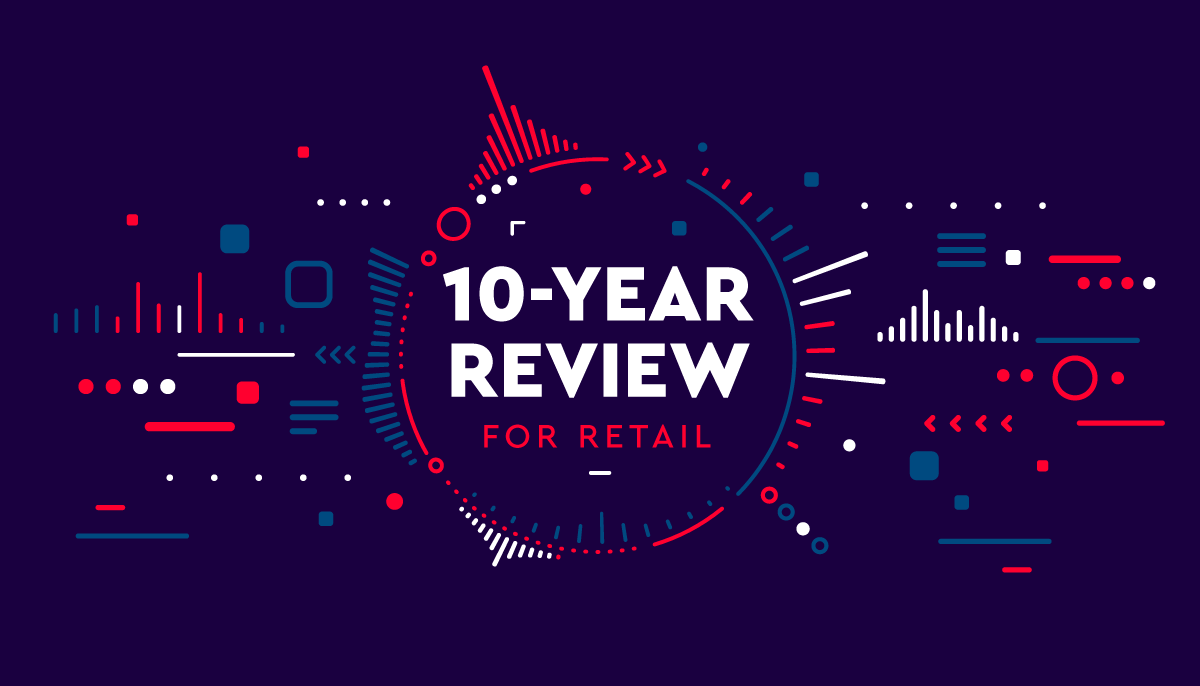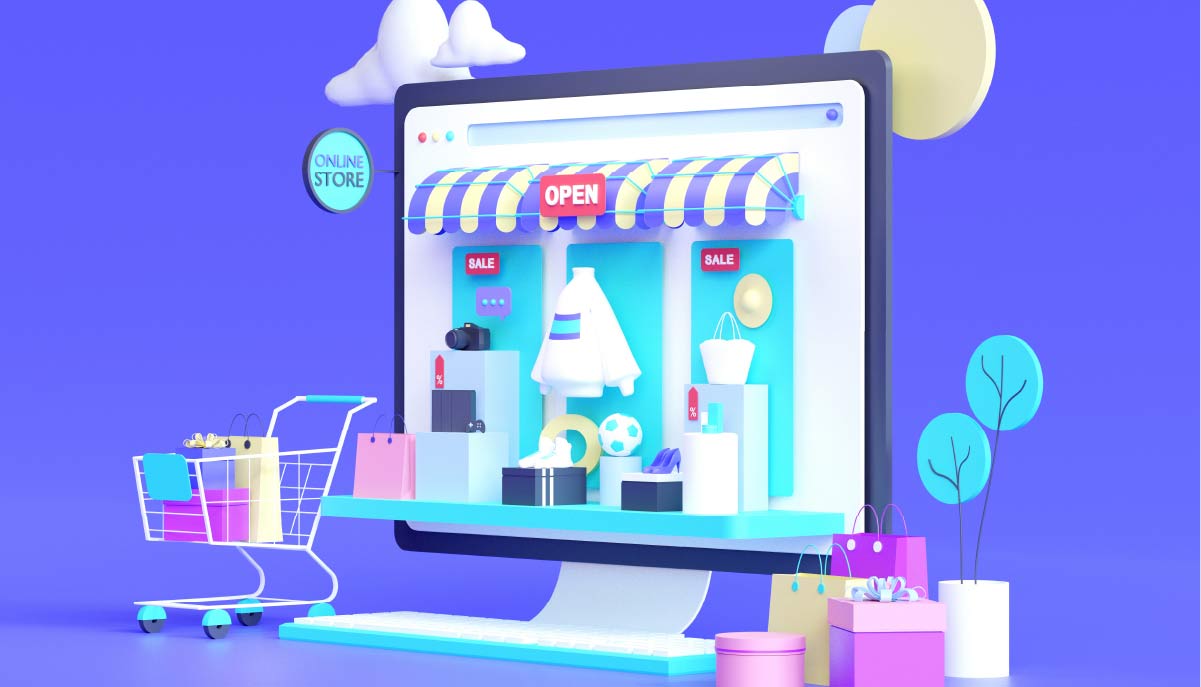
Omnichannel – the Key to Navigating the Retail Storm
The recent peak season, while one of the toughest yet, highlighted some of the key strategies needed to weather the pandemic storm. And now, as we continue to navigate the rough seas of retail, and the landscape becomes more difficult to predict, it is becoming increasingly clear that when it comes to investments, omnichannel will be crucial in a “digital first” era.
Within a brief and turbulent window of time, retailers have faced challenges of epic proportions. For the already wavering high street, Arcadia’s recent sell-off to ASOS and Boohoo has proven a major milestone in the ongoing shift towards a new breed of retail giant. But it has not been a smooth ride for the online retailer either. Brexit has brought about momentous logistical issues for businesses relying on shipping in and out of the UK. Additionally, increasing returns volume continues to be a challenge for many brands.
Throughout this chaos, one thing has become clear – retailers are operating within rough seas and those that put all their eggs in one basket risk being capsized. The time when brands could rely on a sole method of fulfillment is no longer viable within an increasingly volatile landscape. For future growth and to weather this storm, omnichannel fulfillment, combining the online and offline worlds, will be essential.
Looking back to drive retail forward
There is a lot to be learned from the 2020 peak season when looking to an omnichannel future. The recent peak season was one of the most challenging yet following the extra-ordinary circumstances of 2020. Recent PFS research found that this resulted in only 50% of retail businesses feeling that they were adequately prepared for the recent peak season, leading to over one-in-six (17%) missing out on critical sales. On the other hand, retailers that invested in omnichannel capabilities fared much better. Buy online pick up in-store (BOPIS) initiatives, for example, proved to be a gamechanger, with two-thirds of retailers (67%) who invested in this capability seeing an increased sales volume. Cementing this trend was curbside pick-up, which led to the next strongest performance with 55% of retailers reporting increased sales.
For the brands that did struggle to adapt ahead of peak season 2020, this must be urgently rectified moving forward. Alarmingly, despite the clear shift towards eCommerce, 45% of retailers felt their technology stack was unprepared for the increase in peak online transactions. A lack of visibility and supply issues also remained a key concern, with 53% of retailers admitting difficulty locating available inventory. All of this suggests an undeniable need for brands to invest and put emphasis on future delivery-times, stock replenishment and, ultimately, customer experience as they move forward into the forthcoming “digital-first” era.
Adapting to a hybrid future
It is fair to say, peak season served as a much-needed wake-up call. Following this, over a third (36%) of retailers are now planning to increase their investment in fulfillment capabilities as a result of peak season. Additionally, three-in-ten (30%) are looking to invest in curbside pick-up competencies; 28% in ship-from-store capabilities; and almost a quarter (24%) in BOPIS. For 52% of retailers, outsourcing all or portions of their eCommerce is being considered for the year ahead, indicating the current scope of demand on retail fulfillment capabilities.
While BOPIS and ship-from-store capabilities are proving crucial, they don’t form the full picture alone. Consumers demand access to products online, in-store, and most importantly, now. To keep up in a digital age, brands must look to implement a cohesive fulfillment strategy, factoring in inventory management and distributed order management (DOM) capabilities.
As we continue navigating the rough seas of retail, and the landscape becomes more difficult to anticipate, it is clear omnichannel is crucial in a digital-first era, together with operational infrastructure. This, however, requires a joined-up approach between both digital and in-store retailers. This hybrid fulfilment model will ensure not only survival, but future growth for the sector by driving value back into brick-and-mortar retail while keeping up with the demands of a digital-first era.


